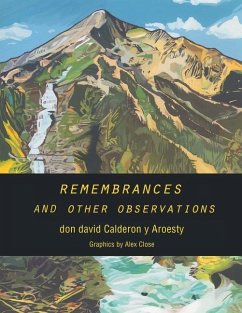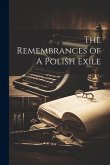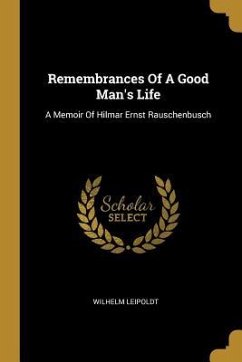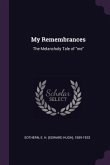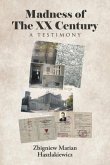Reflections by Dr. Sofija Grandakovska, Professor, CUNY, on the book Remembrances and Other Observations This book, first and foremost, is committed to the importance of remembering the past and its careful preservation at the gates of oblivion. The importance is emphasized in plural form: "remembrances." It is not one story; it is more than fifty varied short stories. The author recognizes the multilayered and polyvalent existence of remembering. It is personal and collective. It is mythical, genealogical, literary, historical, and anthropological. Short stories were written as prose poems. Although we cannot qualify these prose forms as typical short stories in a literary genre context, they qualify as short stories because they each reflect an event, history, and truth about the overarching event: the Holocaust. The author, don david Calderon y. Aroesty, chooses poetic prose to guide the readers through the tragic dimensions of the Holocaust by cherry-picking some exceptional heroes, heroines, and gratifying events through the duality of poetry and prose without solid metrical patterns but with rhythmic moderation of poetic expression. Remembrances come alive as a coherent and legitimate whole. No description of the criminality, suffering, and sadness would ever be sufficient. The author does not forget the bleakness and the horrors while challenging all of us to remember the shining lights, the occasional rays of human sunshine, extraordinary courage, and amazing bravery exhibited by some. The hybrid linguistic form becomes clear and legitimate, highlighted at the very beginning of the volume in the qualifications section where he asks the question and expresses his suspicion: How dare me, dare to write about the Holocaust? Who am I? The first philosophical question, which he answers with a dare to all of us to each undertake to study, learn, and write about the Holocaust. This is where the message of the book is strongly positioned. It is a message of deep humanistic, anthropological, and historical significance. Dr. Grandakovska teaches at the John Jay College of Criminal Justice Department of Anthropology where her areas of specialization are comparative literature and interdisciplinary studies in the Holocaust and Jewish history. She served as one of the advisers to the author's book of remembrances.
Hinweis: Dieser Artikel kann nur an eine deutsche Lieferadresse ausgeliefert werden.
Hinweis: Dieser Artikel kann nur an eine deutsche Lieferadresse ausgeliefert werden.

